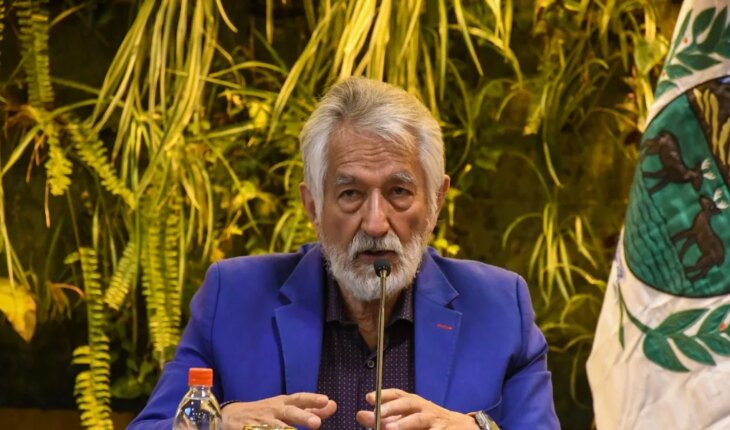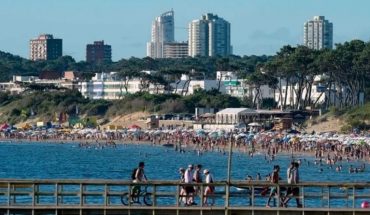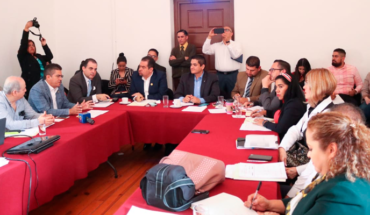Governor Alberto Rodríguez Saá reached the end of his long term in his worst political moment, with the province ranked among the poorest in the country and seeing the party power that he concentrated for more than 40 years in that province liquefied. On December 10, he will have to hand over power to Claudio Poggi, who won the elections with Together for Change. The future president is an old acquaintance of the Rodríguez Saá family, since at the behest of Alberto and Adolfo (now at odds), he reached the first magistracy of Puntana in 2011. After leaving power in 2015, he decided to break ranks and became a member of Cambiemos and later of Juntos por el Cambio, always under the leadership of Mauricio Macri.San Luis was for much of this century an example to be followed by the other provincial states, with a state-of-the-art road and lighting infrastructure. It is a pioneer in technological development and has derisory rates of poverty and child malnutrition. Even for many years his Institute of Statistics was considered one of the most serious and reliable in Argentina, at a time when INDEC was battered by the political adulteration of inflation figures. But with the passage of time and years, the situation began to blur, and 2023 found Rodríguez Saá at his worst, with four electoral defeats in a row (governorship, PASO, October 22 generals, and runoff). It was precisely in this recent second round that the still governor had the last hopes of retaining some power. The provincial justice system had already put the brakes on his attempts to incorporate hundreds of militants who responded politically to the permanent staff of employees, while the local Legislature did the same when it tried through an urgent law to create dozens of managerial positions in the Puntano parliament. The governor-elect, Claudio Poggi, held a meeting a few days ago with the lawyer Pablo Lanusse, to analyze possible legal and administrative responsibilities in the latest acts carried out by the Rodríguez Saá administration. In this context, the governor aspired to a victory for Sergio Massa, since that would have allowed him to eventually gain control of the provincial offices of PAMI, ANSES and Correo Argentino, which manage important economic and human resources. Javier Milei’s victory left him without those sources of financing, with which he would have faced the next four years in a different way, in which new leaders will undoubtedly begin to appear in provincial Peronism. The photo with which Alberto Rodríguez Saá leaves San Luis is not the one he always dreamed of for his province, where the latest data released by INDEC, before the beginning of the electoral period, show that 35 percent of people are poor, and that 5 percent are indigent.
San Luis: Rodríguez Saá’s last days in power
November 22, 2023 |





